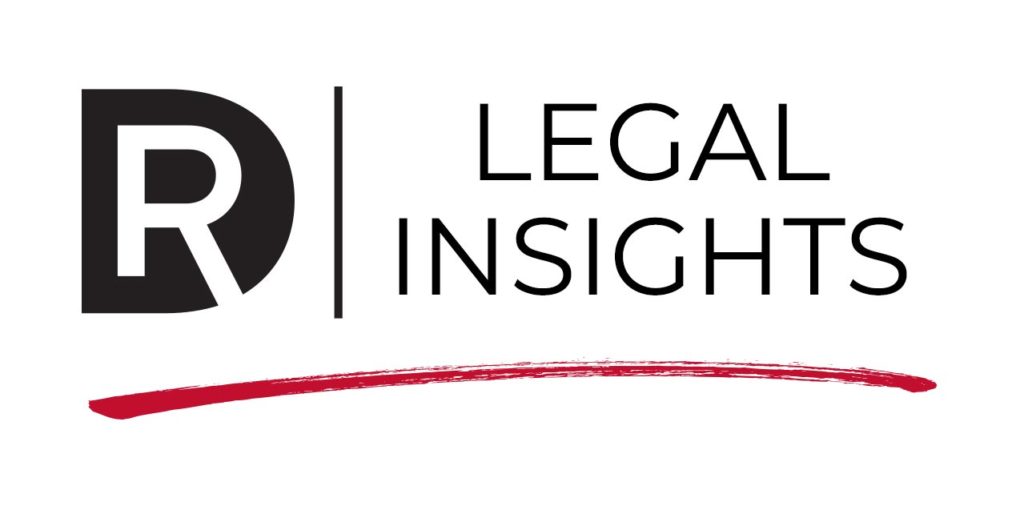The United States Equal Employment Opportunity Commission (“EEOC”) enforces federal anti-discrimination laws. Before an employee may file a federal lawsuit against an employer (or former employer) for alleged discrimination, the employee must first file a Charge of Discrimination with the EEOC. As part of the EEOC process, the EEOC then investigates the Charge and/or attempts to settle or mediate the matter.
The EEOC Proccess
The EEOC will do one of three things: (1) close its file without completing an investigation; (2) conclude that evidence does not establish that the employer violated the law; or (3) conclude that substantial evidence supports the employee’s claim. If the EEOC finds evidence of discrimination, it will attempt conciliation with the employee and the employer and, if that fails, decide whether to file suit in federal court. However, if the EEOC closes its file, is unable to find evidence of a violation, or decides not to file suit, the EEOC will issue a Notice or Right to Sue letter. The employee then has ninety days to file a federal lawsuit regarding the matter. Once that ninety day time period expires, the employee may not pursue a federal lawsuit.
When to Contact an EEOC Lawyer
If you have filed a Charge with the EEOC or if you have received a Right to Sue letter, an employment lawyer may be able to help. For instance, an experienced EEOC lawyer can assist you in successfully navigating the EEOC process or filing a federal discrimination lawsuit. The attorneys at Rogge Dunn Group have years of experience handling the EEOC process. To speak with an employment lawyer who specializes in the EEOC process, contact Rogge Dunn Group today at info@roggedunngroup.com. Our lawyers have the expertise needed to help you navigate the EEOC process from start to finish.
Media Information:
Address: 500 N. Akard St., Suite 1900, Dallas, TX 75201
Phone: 214-888-5000
URL: Rogge Dunn Group
